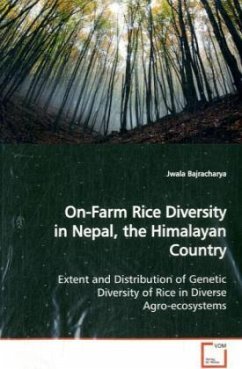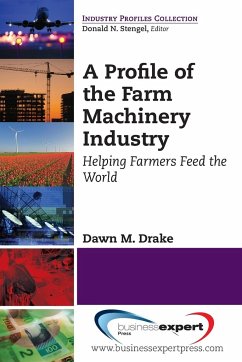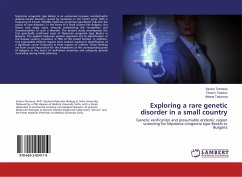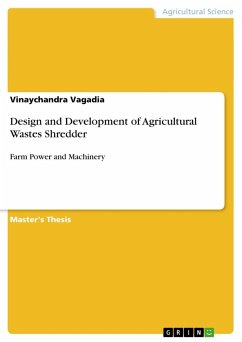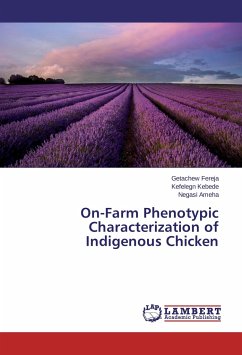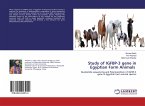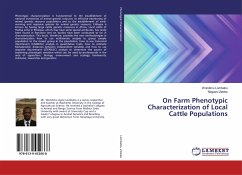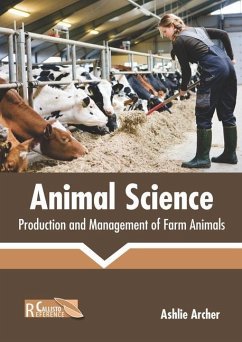Rice is the major and most important staple food
crop for the people of Nepal. It is grown in diverse
agro environments ranging from foot hill (100m) to
high mountains ( 2600m). Jumli Marshi, a unique
high-altitude rice variety is cultivated at the
highest recorded elevation in the world. Likewise,
in the prevalent traditional agricultural systems,
there is tremendous diversity being grown and
maintained by the farmers at different capacities in
their fields for their cultural, social, religious
or functional values as per needs of the farming
communities. On-Farm Rice Diversity in Nepal, a
research output of In situ conservation project -
NARC/LIBIRD/IPGRI is an assessment of local rice
diversity constituted in different favorable and
unfavorable rice ecosystems from lowland to high-
hills. The book therefore features: rice diversity
structure in farmer s fields in three major agro-
ecosystems of the country Jumla (high-hill), Kaski
(mid-hill) and Bara (lowland); use of agro-
morphological traits and molecular marker traits
measuring diversity and their relationships linking
to farmers perception and gene diversity.
crop for the people of Nepal. It is grown in diverse
agro environments ranging from foot hill (100m) to
high mountains ( 2600m). Jumli Marshi, a unique
high-altitude rice variety is cultivated at the
highest recorded elevation in the world. Likewise,
in the prevalent traditional agricultural systems,
there is tremendous diversity being grown and
maintained by the farmers at different capacities in
their fields for their cultural, social, religious
or functional values as per needs of the farming
communities. On-Farm Rice Diversity in Nepal, a
research output of In situ conservation project -
NARC/LIBIRD/IPGRI is an assessment of local rice
diversity constituted in different favorable and
unfavorable rice ecosystems from lowland to high-
hills. The book therefore features: rice diversity
structure in farmer s fields in three major agro-
ecosystems of the country Jumla (high-hill), Kaski
(mid-hill) and Bara (lowland); use of agro-
morphological traits and molecular marker traits
measuring diversity and their relationships linking
to farmers perception and gene diversity.
